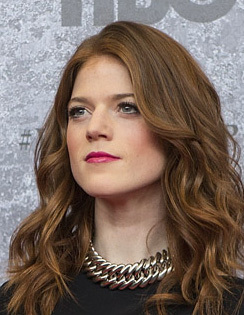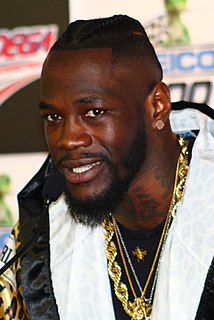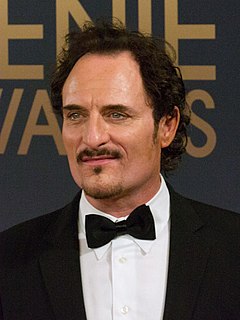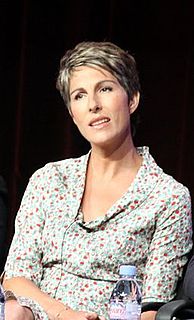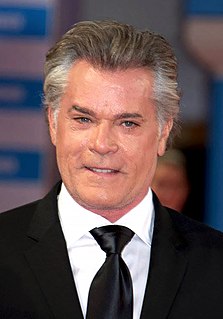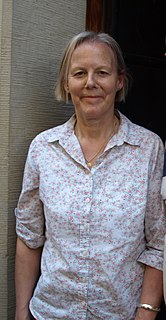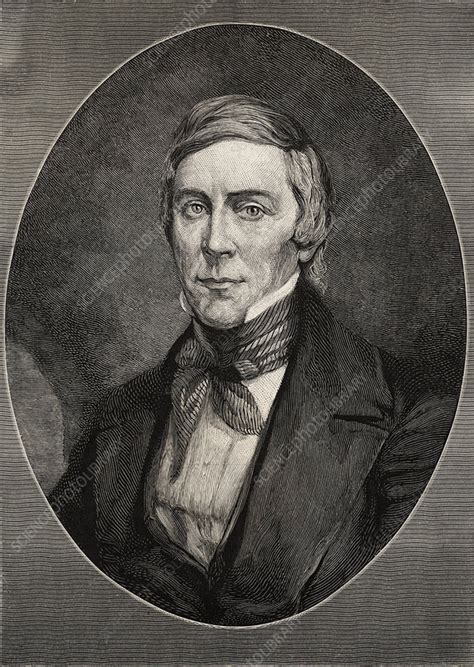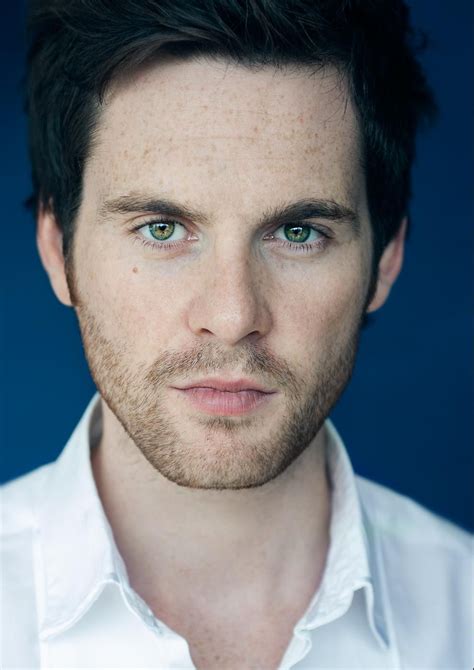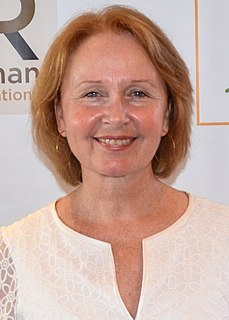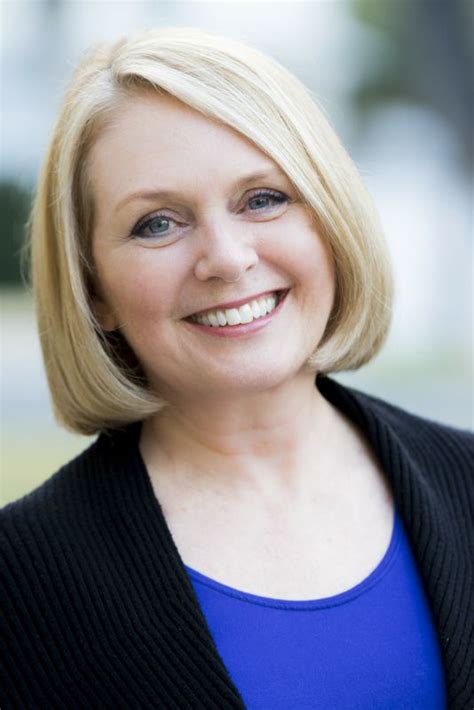A Quote by Rose Leslie
I didn't get into university, so I had to go to drama college!
Related Quotes
When I went to college, I went to a junior college. I wanted to go to the University of Alabama but had to go to junior college first to get my GPA up. I did a half-year of junior college, then dropped out and had my daughter. College was always an opportunity to go back. But she, my daughter, was my support. I gave up everything for her.
Every drama school in the country turned me down, and so I was lucky to study drama at all, even if it was lowly Birmingham University. But even when I came out with my degree, my mother promptly insisted I go straight to secretarial college to have something to fall back on, just in case - which didn't exactly fill me with confidence.
I have an older brother and an older sister - and they had the time of their lives at university. They were at Newcastle and Edinburgh. Looking up to them the whole time, I wanted to go to university and live the life they were living, having a blast, and I didn't get in. I didn't get into any of the universities I wanted to go to.
I had this really intense resolve. I would call universities and community colleges and say, 'I really want to go to college. How do I get to college? What do I do?' And they would say, 'You have to get an application. You have to get letters of recommendation.' It was terrifying. I had no idea what I was doing.
I grew up with a single mom who was a waitress. We were on food stamps. My mom then got Pell Grants, put herself through college to get a degree to get a better job. Because we were broke, I then had to go to a state school. I went to Temple University, and had to get loans. So I grew up in a world where I saw the government helping individuals pull themselves up, and saw it work very successfully.
